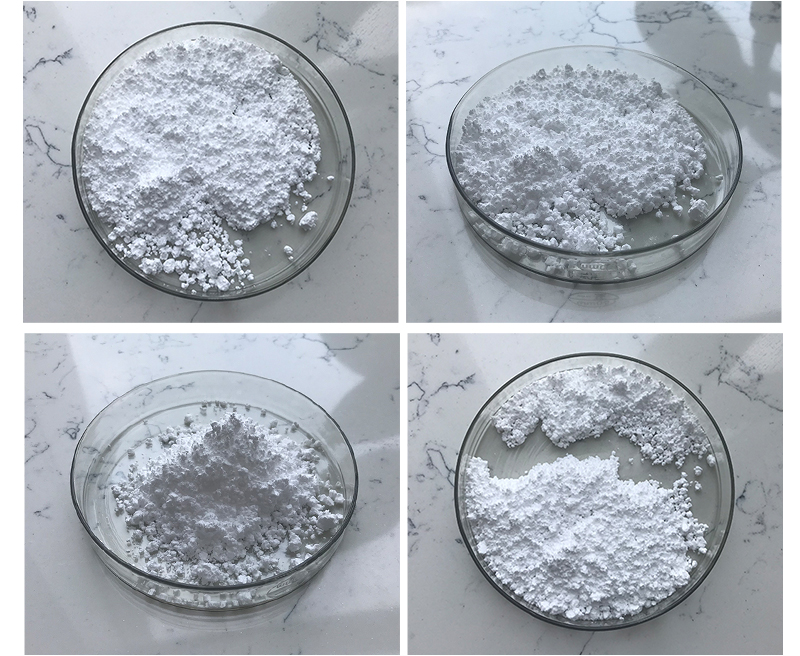The difference between Citicoline and Citicoline Sodium is primarily in their chemical composition, but they both refer to the same active compound, which is used to support brain health and cognitive function.
Citicoline: This is the generic name for the compound itself, also known as CDP-choline (Cytidine diphosphate choline). It is a naturally occurring compound in the body that contributes to the synthesis of phosphatidylcholine, a critical component of cell membranes, particularly in the brain. Citicoline is used as a supplement for cognitive function, memory, and neurological support.
Citicoline Sodium: This is a sodium salt form of citicoline. The difference here is that the citicoline molecule is combined with a sodium ion to form a more stable and water-soluble compound, making it easier to dissolve in liquids for oral or intravenous use. This sodium salt is the form commonly found in injectable formulations or certain supplement preparations.

In summary:
- Citicoline refers to the pure compound.
- Citicoline Sodium is a salt form of citicoline, often used in injectable or liquid forms for better solubility and stability.
Both are used for similar purposes related to brain health, but citicoline sodium is a specific preparation designed for certain applications.
Benefits of Citicoline Sodium
Citicoline sodium (also known as CDP-choline) is a supplement that provides several potential health benefits, primarily for brain function and cognitive health. Some of the key benefits include:
- Cognitive Enhancement: Citicoline is known to support brain health by boosting levels of acetylcholine, a neurotransmitter involved in memory, learning, and attention. It may help improve cognitive function, especially in older adults or those with cognitive decline.
- Neuroprotection: Citicoline has been shown to have neuroprotective properties, which means it may help protect brain cells from damage due to aging, injury, or neurodegenerative diseases like Alzheimer’s or Parkinson’s disease.
- Improved Memory and Learning: Citicoline has been associated with improved memory and learning abilities. Studies suggest that it may enhance both short-term and long-term memory, making it useful for students or individuals with age-related memory issues.
- Stroke Recovery: Citicoline may play a role in stroke recovery. Research has shown that it can help in the rehabilitation process after a stroke, improving neurological function and potentially reducing brain damage.
- Enhanced Focus and Attention: Some studies suggest that citicoline can help improve focus and attention, particularly in people with attention-related disorders like ADHD.
- Mood Regulation: Citicoline may help in regulating mood and reducing symptoms of depression and anxiety. This is due to its role in enhancing brain function and supporting the production of key neurotransmitters.
- Brain Energy Production: Citicoline contributes to the production of phosphatidylcholine, a component of cell membranes, and supports the generation of energy in the brain, which is important for overall mental performance and stamina.
- Reduced Risk of Age-Related Cognitive Decline: Long-term supplementation of citicoline may reduce the risk of age-related cognitive decline, particularly in individuals who are at higher risk due to genetic factors or pre-existing health conditions.

Overall, citicoline sodium is considered a safe supplement with a range of potential benefits, especially for cognitive health, brain repair, and neuroprotection. However, like all supplements, it’s best to consult with a healthcare provider before starting it, particularly for those with pre-existing medical conditions or on other medications.
